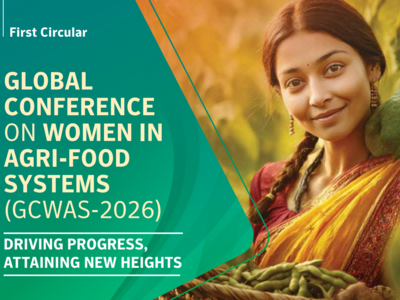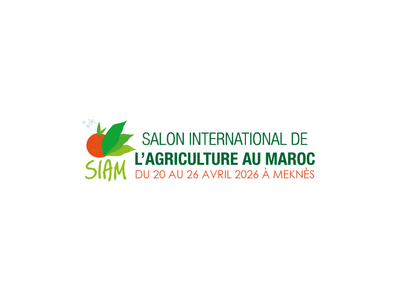Integrated impact assessment and designing of Mediterranean agricultural systems in Dry Regions
This international training course follows several doctoral programs organised within SemiArid (ERANET ArimNet, 2017-2020) project, SEAMLESS project (FP6, 2005-2010), the global FSD network (Farming System Design), and then more recently as part of the SemiArid project1, which have trained more than a hundred international doctoral students.
These courses aimed to prepare young scientists for the analysis and assessment, based on several case studies, of the sustainability of farming systems thanks to integrated approaches. In its applications it will emphasize the role of diversities (intra-field, intra-farm and across-farms) in the efficiency and sustainability/resilience of agricultural systems. It therefore falls within several national and international priorities programme of most dryland countries: « Feeding » and « Protecting ».
Participants: This training course aims for the participation of 25-30 doctoral or post-doctoral students and young researchers of different nationalities, mostly from northern and southern Mediterranean countries, whose research studies deal with Ag. Sys. assessment and modelling, within a context characterised by harsh and uncertain climatic conditions and limited resource access (water, land, labour, etc.).
This course will be conjointly organized by the: ENSA-Algiers (represented by the Laboratory of Integrative Improvement of Plant Production: AIPV), CREAD-Algiers, CIHEAM-IAMM, INRA-France, and an international research centre of the CGIAR (ICARDA), which contributes through staff-time and direct support to trainees.
Objectives and innovation: The training course seeks to prepare for methodologies of systemic analysis that make it possible to integrate different levels (plot, farm, region) into the design and multi-criteria assessment of sustainable/resilient farming systems taking into account diversities at multiple scales.
This course specifically aims to:
- Simulate and discuss the production and performance of different ecosystem services (e.g., food production, land management, water resources…), and their trade-offs, with the help of biophysical modelling, using diversified cropping systems in terms of crops grown, rotations, crop combinations (including different annual and perennial crops and their spatial layout), in relation to resource management (water, nitrogen…). The CropSyst model will be used during the course, with an emphasis on simple models compatible with the data that participants may easily access.
- Simulate and discuss the integration and adoption of cropping systems that encourage diversity, using bioeconomic modelling (e.g. See ModelEco platform and typologies for up and down-scaling (Hammouda et al., 2018), taking into account the expectations of the different stakeholders of the areas and sectors concerned.



